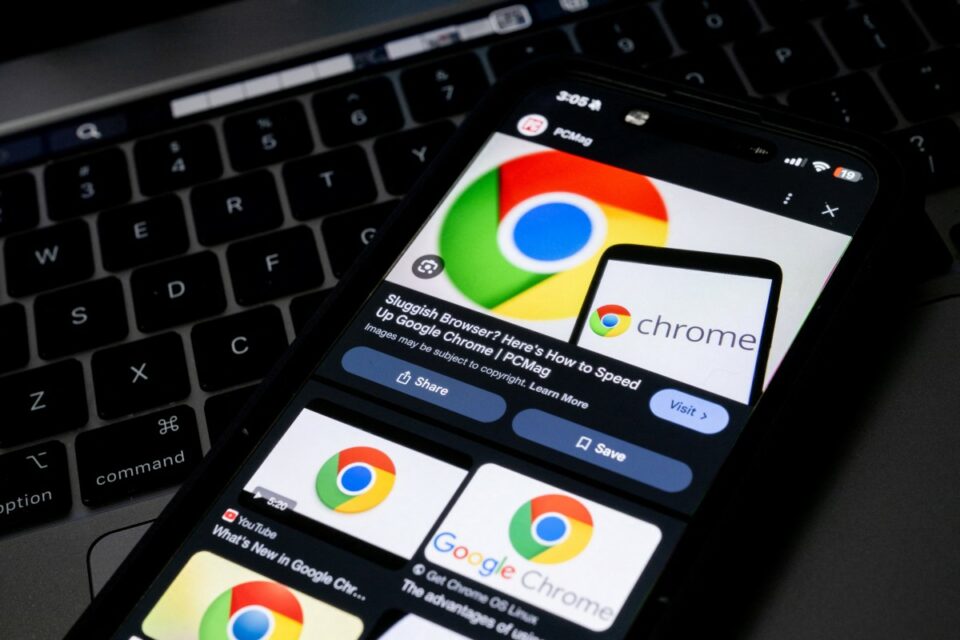
A US judge on Tuesday rejected the government’s demand that Google sell its Chrome web browser as part of a major antitrust case, but imposed sweeping requirements to restore competition in online search.
The landmark ruling came after Judge Amit Mehta found in August 2024 that Google illegally maintained monopolies in online search through exclusive distribution agreements worth billions of dollars annually.
“Today’s decision recognises how much the industry has changed through the advent of AI, which is giving people so many more ways to find information,” said Google vice president of regulatory affairs Lee-Anne Mulholland.
“This underlines what we’ve been saying since this case was filed in 2020: Competition is intense and people can easily choose the services they want.”
Mulholland added that Google has “concerns” about how court-imposed requirements to share search data and limit distribution of services will affect user privacy.
Judge Mehta’s decision represents one of the most significant rulings against corporate monopoly practices in two decades and could fundamentally reshape the tech giant’s future. The Justice Department called the remedies “significant.”
“We will continue to review the opinion to consider the Department’s options and next steps regarding seeking additional relief,” Assistant Attorney General Abigail Slater said in a release.
However, Tuesday’s decision fell short of expectations from some observers who had anticipated more radical changes to Google.
“It sounds like the judge felt that it was too draconian to provide some of the remedies that prosecutors or the Department of Justice wanted,” said professor Carl Tobias of the University of Richmond Law School.
“Google is certainly not going to be broken up, and it’s not clear that its business model is going to change a whole lot.”
The US government had pushed for Chrome’s divestment, contending the browser serves as a crucial gateway to internet activity and facilitates a third of all Google web searches.
But in his ruling, Mehta warned that a Chrome divestiture “would be incredibly messy and highly risky” and said US attorneys had overreached.
The case focused on Google’s expensive distribution agreements, paying billions for Apple, Samsung, and other smartphone manufacturers to establish Google as the default search engine on iPhones and other devices.
